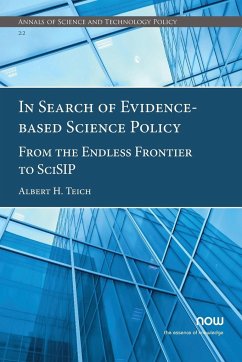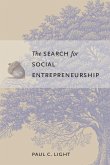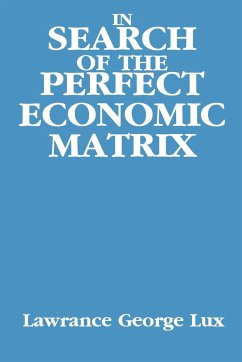In Search of Evidence-Based Science Policy: From the Endless Frontier to SciSIP tracks the evolution of U.S. science policy research largely as it has been conducted in universities and supported by the National Science Foundation, from its beginnings in the early 1960s to the present time, from reliance on expert opinion to more systematic, empirical studies. It examines how a community developed, the growth and decline of federal support, the emergence of the SciSIP (Science of Science and Innovation Policy) program and the ways in which that program has fostered new approaches to science policy. It concludes that the tools and data set created by program researchers can have significant impacts on policy, not just in science and technology, but in other fields as well.In Search of Evidence-Based Science Policy: From the Endless Frontier to SciSIP tracks the evolution of U.S. science policy research largely as it has been conducted in universities and supported by the National Science Foundation, from its beginnings in the early 1960s to the present time, from reliance on expert opinion to more systematic, empirical studies. It examines how a community developed, the growth and decline of federal support, the emergence of the SciSIP (Science of Science and Innovation Policy) program and the ways in which that program has fostered new approaches to science policy. It concludes that the tools and data set created by program researchers can have significant impacts on policy, not just in science and technology, but in other fields as well.
Hinweis: Dieser Artikel kann nur an eine deutsche Lieferadresse ausgeliefert werden.
Hinweis: Dieser Artikel kann nur an eine deutsche Lieferadresse ausgeliefert werden.








